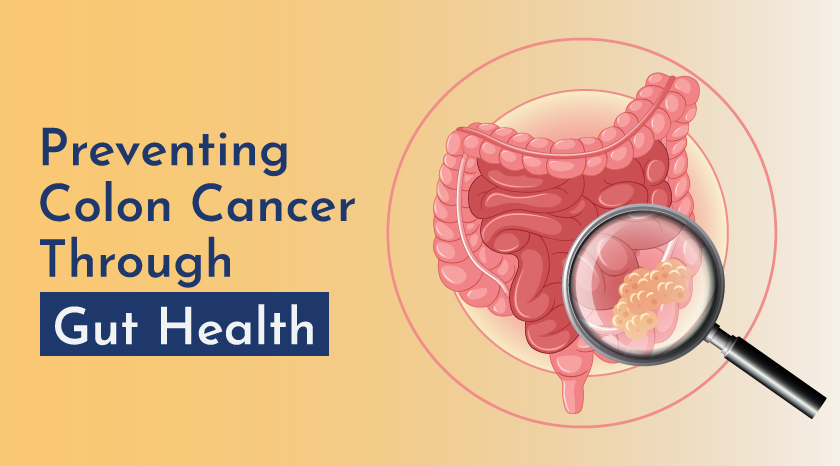Colon cancer, one of the most prevalent forms of cancer worldwide, poses a significant threat to public health. While various factors contribute to its development, emerging research suggests that maintaining a healthy balance of gut bacteria through probiotics may play a pivotal role in preventing colon cancer. In this blog, we’ll explore the compelling benefits of probiotics in safeguarding colon health and reducing the risk of colon cancer.
- Promoting Gut Microbiome Balance :The gut microbiome, composed of trillions of microorganisms residing in the gastrointestinal tract, plays a crucial role in maintaining digestive health and overall well-being. Probiotics, often referred to as “good” bacteria, help restore and maintain a balanced gut microbiome by crowding out harmful bacteria and promoting diversity among microbial species. By fostering a harmonious microbial environment, probiotics create an inhospitable environment for cancer-promoting pathogens, reducing the risk of colon cancer development.
- Enhancing Immune Function:A robust immune system is essential for recognizing and eliminating abnormal cells, including those that may lead to cancerous growths. Probiotics have been shown to modulate immune function, enhancing the body’s ability to mount an effective immune response against cancer cells. By stimulating the production of anti-inflammatory cytokines and enhancing the activity of immune cells, such as natural killer cells and T lymphocytes, probiotics bolster immune surveillance and defense mechanisms, potentially thwarting colon cancer progression.
- Lowering Inflammation Levels :Chronic inflammation has been implicated as a driving force behind colon cancer development, contributing to DNA damage, cell proliferation, and tumor progression. Probiotics exert potent anti-inflammatory effects, reducing inflammation levels within the gastrointestinal tract and systemic circulation. By inhibiting the production of pro-inflammatory cytokines and promoting the release of anti-inflammatory mediators, probiotics help mitigate the inflammatory cascade implicated in colon cancer initiation and progression.
- Modulating Metabolism of Dietary Components :Probiotics play a vital role in metabolizing dietary components, particularly fiber and complex carbohydrates, into beneficial metabolites like short-chain fatty acids (SCFAs). SCFAs, such as butyrate, acetate, and propionate, serve as an energy source for colonocytes and exert protective effects against colon cancer. By promoting the production of SCFAs and maintaining optimal pH levels within the colon, probiotics create an environment conducive to colon health and inhibit carcinogenic processes.
As our understanding of the intricate interplay between gut microbiota and colon health deepens, the potential of probiotics in preventing colon cancer becomes increasingly evident. By harnessing the power of probiotics to restore gut microbiome balance, enhance immune function, reduce inflammation, and modulate dietary metabolism, individuals can take proactive steps to safeguard their colon health and reduce the risk of colon cancer. Incorporating probiotic-rich foods or supplements into daily dietary habits, coupled with a healthy lifestyle, holds promise in the fight against colon cancer, offering a natural and effective strategy for cancer prevention and overall well-being.





